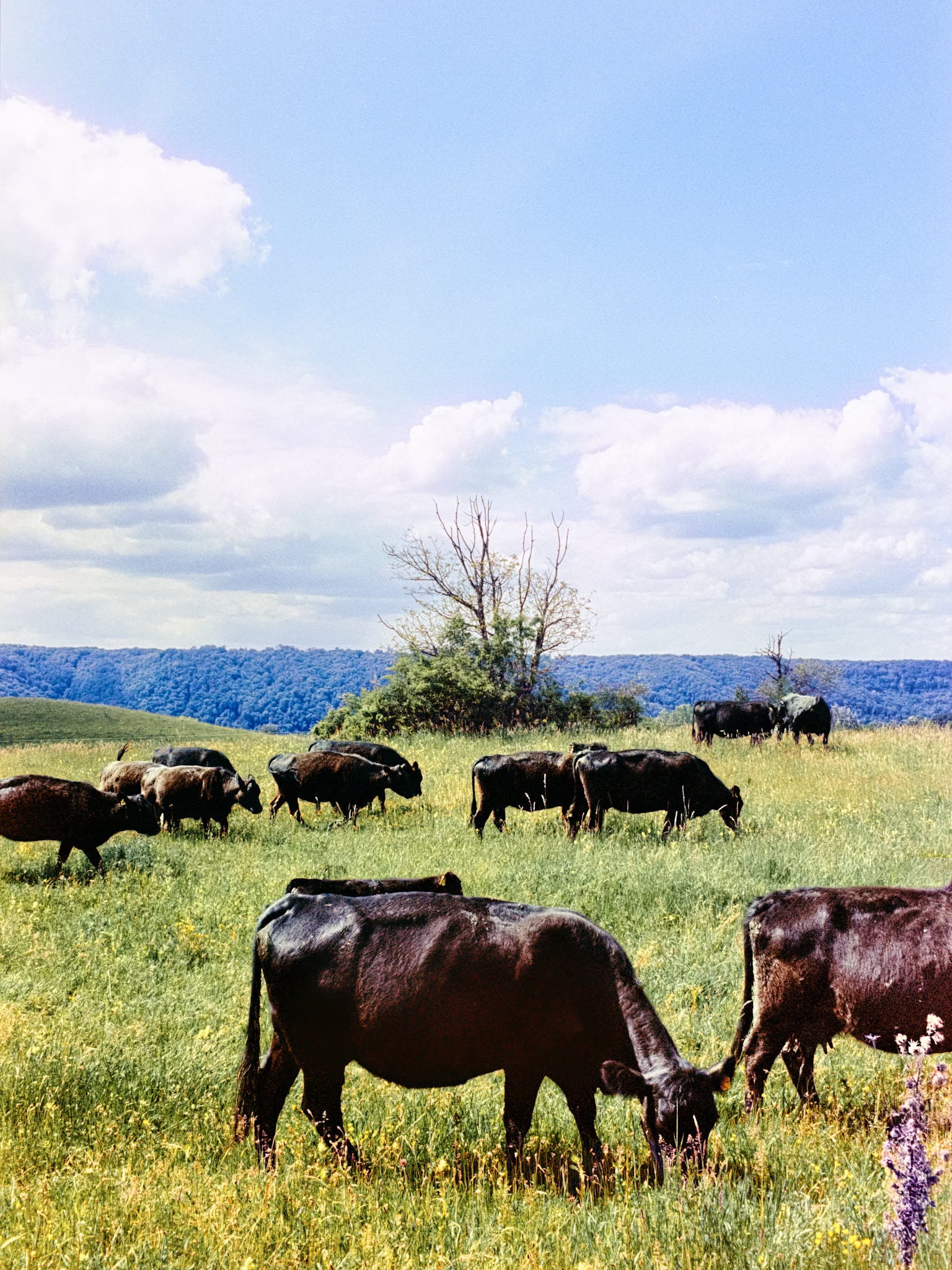On Cows, Kant, and the Moo(d) of Opinion
Domestic cattle holding court in a meadow. Possibly forming opinions.
Immanuel Kant, who gave us the Categorical Imperative, sorted the way we humans relate to truth into three buckets: knowledge (Wissen), belief (Glaube), and opinion (Meinung). Of these, he suggested that opinion makes up the bulk of what we consider to be true—or, in his more nuanced German, Fürwahrhalten—his headache-way of saying: most of what we believe is unverified, subjective, and often moo-driven.
Sorting In the Domestic Cattle
But Kant wasn’t immune to the blind spots of his era. In lazily passing, he echoed a then-common phrase describing women as “domestic cattle”. Not precisely the Enlightenment’s finest moment. To his (half-hearted) defence, it wasn’t a view he invented—just one he didn’t bother challenging. He boxed women firmly outside the intellectual sphere, crediting them instead with a flair for beauty and the domestic arts. Sort of complementary to their husbands brains.
Quite a moo.




